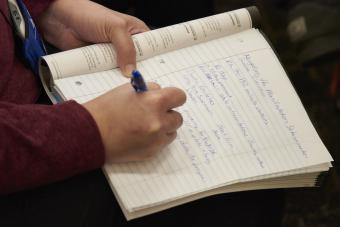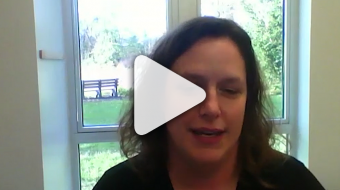Individualized Education Programs (IEPs)
An Individualized Education Program (IEP) is the foundation of special education services.
The Individuals with Disabilities Education Act (IDEA) requires public school districts to provide students with disabilities with a Free Appropriate Public Education (FAPE). The IEP is legal documentation of how that FAPE is provided for a particular student across a program of special and related education services.
The IEP is a collaborative document developed between school and service personnel (which may include special education teachers, general education teachers, administrators, related services providers and others) and a student’s family. IEPs are reviewed by all parties multiple times throughout a year, with changes made as appropriate to ensure a student is meeting their educational goals.
“The essential function of an IEP is to set out a plan for pursuing academic and functional advancement” (Endrew F. v. Douglas County School District, 2017, p. 992).
PREMIERE PARTNER
The IRIS Center

Supported by the U.S. Department of Education’s Office of Special Education Programs and located at Vanderbilt University’s Peabody College, the IRIS Center develops and disseminates free, engaging online resources about evidence-based instructional and behavioral practices to support the education of all students, particularly struggling learners and those with disabilities. These resources, designed to bridge the research-to-practice gap, are intended for use in college teacher preparation programs, in professional development (PD) activities for practicing professionals, and by independent learners.
U.S. Department of Education Guidance Addresses IEPs During COVID-19

Cain Alvey

5 Ways "A Case Study Approach to Writing Special Education Documents" Will Change How You Look at IEPs

Practical Tips For Setting Student IEP Goals

How to Create the Best IEP and IEP Results…Even from a Distance

